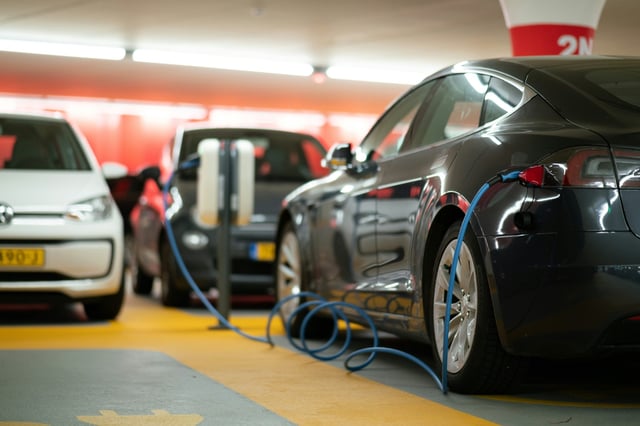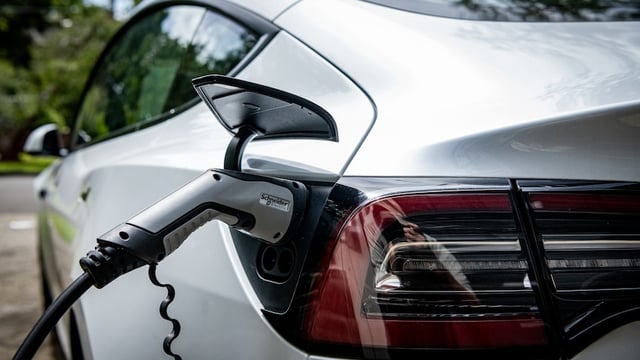Overview
- A survey of more than 6,000 adults across Australia, Germany, Austria and the United States found that a majority agreed with prevalent myths about electric vehicles.
- Common misconceptions included beliefs that EV batteries are designed to fail, vehicles emit harmful electromagnetic fields, pose greater fire risks and generate higher lifetime emissions than petrol cars.
- Researchers identified conspiracy mentality—seeing hidden agendas and corruption—as the strongest predictor of endorsing EV misinformation, outweighing education and scientific literacy.
- Interventions using generative AI dialogues with tools like ChatGPT and traditional fact sheets significantly lowered endorsement of false claims and boosted support for pro-EV policies.
- Follow-up surveys conducted ten days after the interventions revealed that reductions in misinformation belief and increases in EV purchase intentions remained durable

